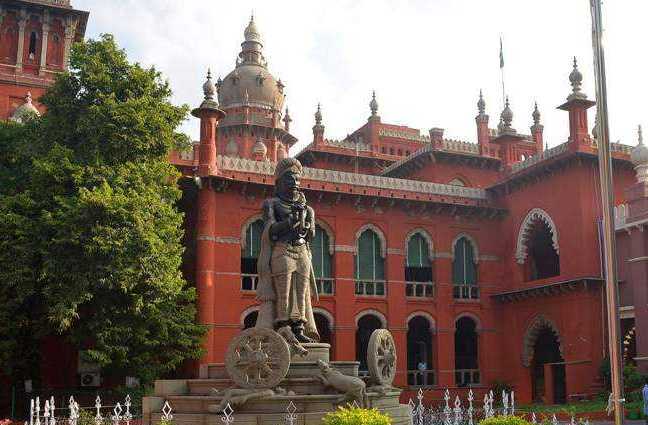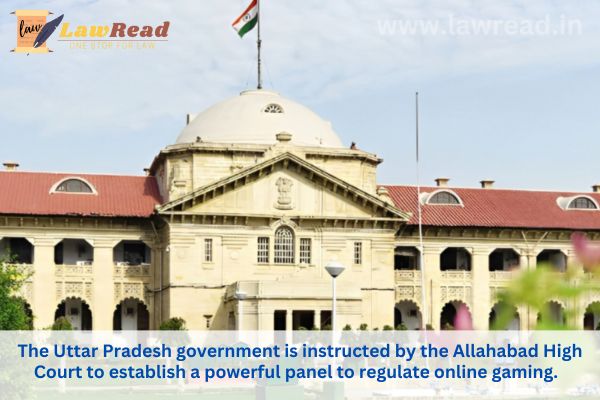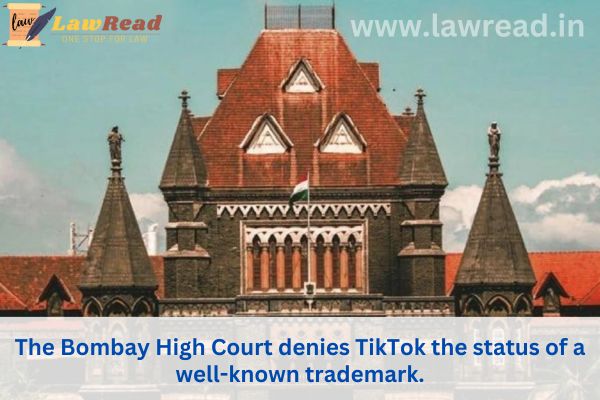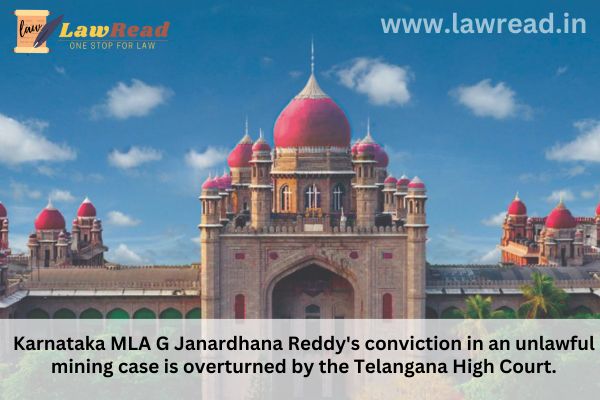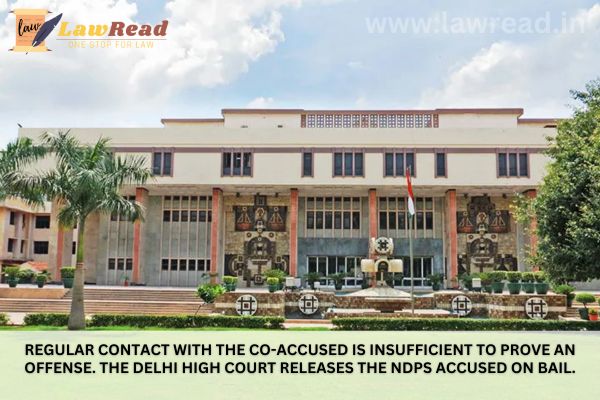News
The land acquisition controversy at Bangalore Palace Grounds is referred to a three-judge bench by the Supreme Court.
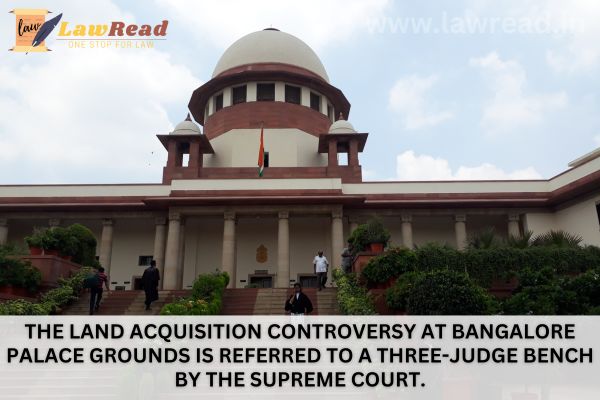
The Court ruled that until further directions are issued, the ₹3,000 crore in TDRs that were provided for the purchase of Palace Grounds to the Mysore royal family will not be used.
[Sri Srikanta DN Wadiyar (D) by LR v. State of Karnataka & Ors] The Supreme Court on Thursday assigned the issue involving ₹3,000 crore worth of transferable development rights (TDRs) in connection with Bangalore Palace land to a three-judge bench for final determination in August.
The parties were prohibited from utilizing or transferring the previously awarded certificates by a bench of Justices Surya Kant, Dipankar Datta, and N Kotiswar Singh.
When the State of Karnataka filed an application contesting previous court orders that ordered the issuance of TDRs to the legal heirs of the former Mysore royal family for the purchase of 15.36 acres of Palace Grounds land for a road-widening project, the court issued the directives.
The Bench made it clear that the directives depended on the resolution of the State's review petition against the May 22 ruling. The hearing on the petition is set for the week of July 21.
The Court further stated, "If the review petition is denied, the interim orders will remain in effect for four weeks after the date of the order or until the three-judge bench hears the case, whichever comes first."
The Court also halted the implementation of its previous orders in order to avoid more issues.
Orders dated 10 December 2024, 22 May 2025, 17 May 2022, 19 March 2024, and 22 May 2025 will not have any further consequences. The parties' rights are unaffected by this temporary arrangement.
Senior Advocate Kapil Sibal, speaking on behalf of the State of Karnataka, contended that as Section 14B of the Karnataka Town and Country Planning Act, 1961, which allows for such compensation, only went into effect in 2004, TDRs could not have been issued in the first place. Additionally, he argued that the State had not yet listed its review petition against the May 22 ruling that allowed the transfer.
Concerning a 2014 Supreme Court ruling that permitted the royal family to receive TDRs, the Bench noted that the ruling might have been impacted by a legitimate mistake.
"It seems that the 2014 order contained some genuine errors because of a lack of support. Sometimes you have to use exceptional jurisdiction when there is a chance that an order would have an irrevocable negative effect on the public interest.At that point, no one could help the Bench," the Court noted.
Justice Vikramjit Sen, who issued the 2014 order, was mentioned by the Bench.
"Justice Vikramjit Sen has been in Karnataka, his lordship probably knew it that TDRs are issued...nobody from State side could probably assist properly at that time...that TDR is issued under a different statute," the court stated.
It also made it clear that the impact of a legislative act cannot be overridden by a status quo order.
The 1996 Bangalore Palace (Acquisition and Transfer) Act, which allowed the Karnataka government to purchase almost 472 acres of land in the Palace Grounds, is at the center of the issue. After the High Court affirmed the Act's legality in March 1997, the royal family filed an appeal with the Supreme Court, where it has been pending ever since.
In order to expand Jayamahal and Palace Roads in Bengaluru, the government attempted to purchase 15.36 acres of Palace Grounds in 2014. Before the Supreme Court, the parties had agreed that TDRs would be used as compensation, and the Court had ordered the State to issue them in accordance with current market prices.
However, the State attempted to withdraw from the pact after a change of government, claiming that it would have financial repercussions. In January 2025, it approved an ordinance to void the settlement, claiming that the exchequer and urban planning will be negatively impacted by the release of TDRs totaling more than ₹3,000 crore.
Following the royal family's start of contempt proceedings, the Court ordered the State to make the TDRs public by December 10, 2024. On May 22, 2025, additional instructions were given after the State did not cooperate. To prevent the TDRs from being released until the primary appeals were resolved, the State responded by filing an interlocutory application in the ongoing civil appeals.
Following the unique circumstance of a coordinate bench having previously issued directives in contempt while the related appeals against the legislation were still underway, today's hearing was the first before a special bench was established to look into the subject in detail. A three-judge panel will now hear the case again.

